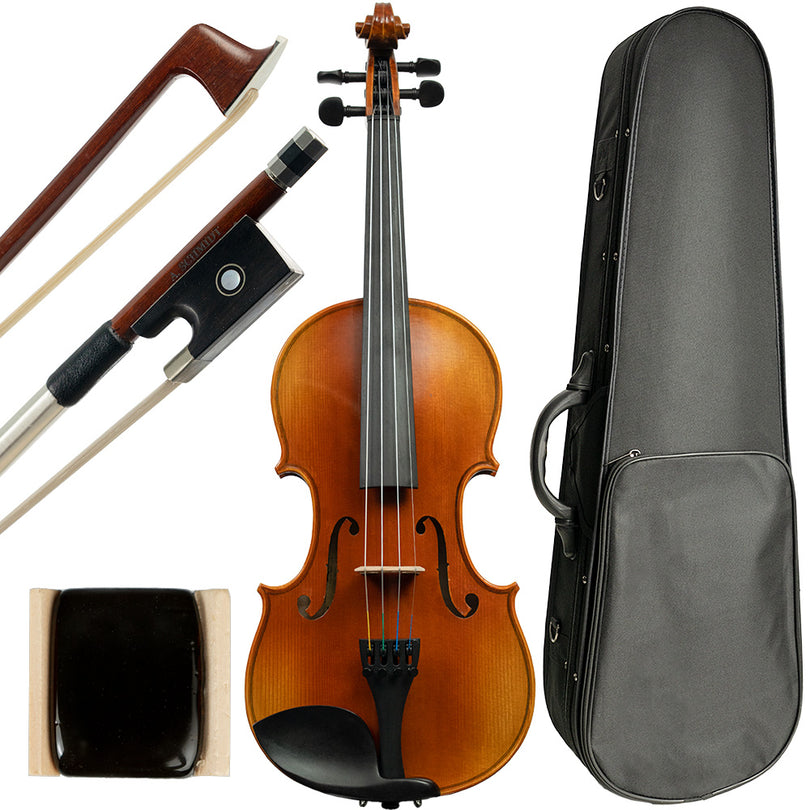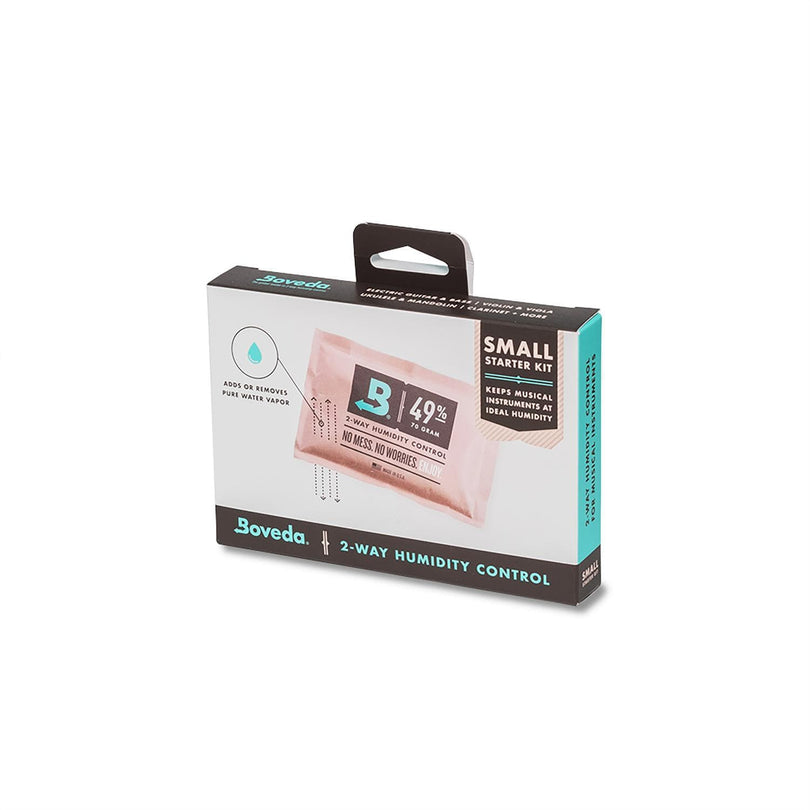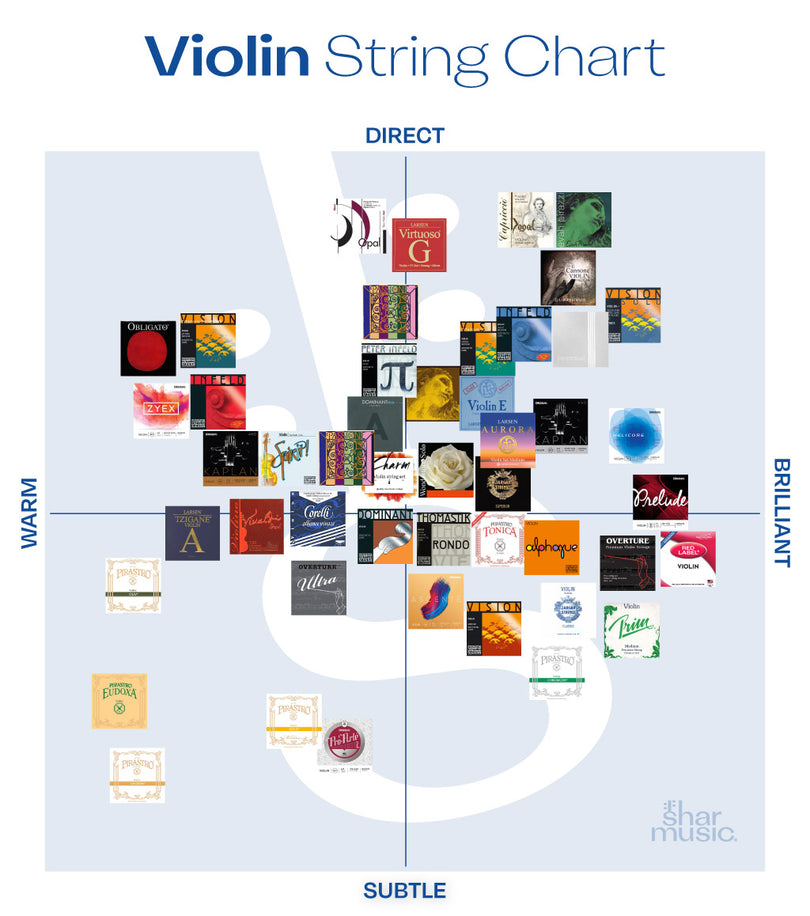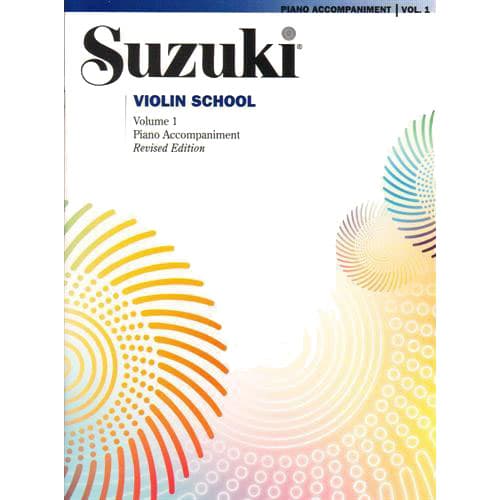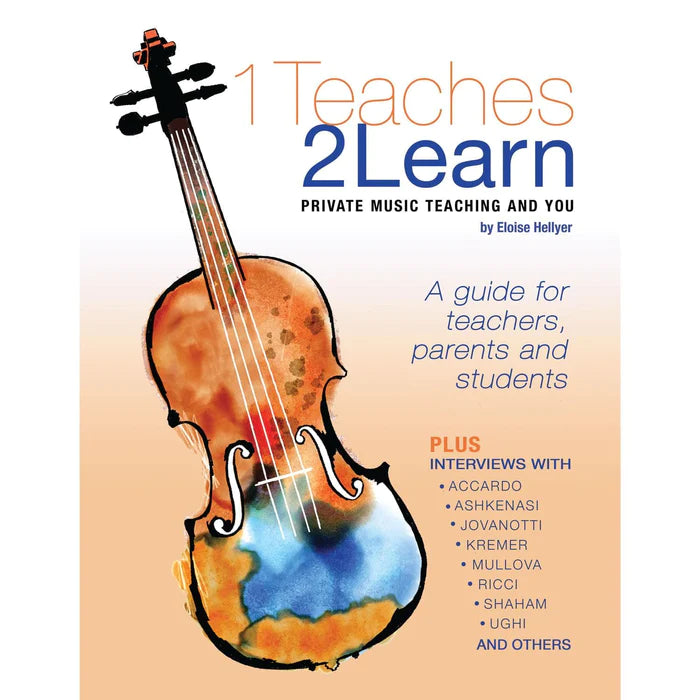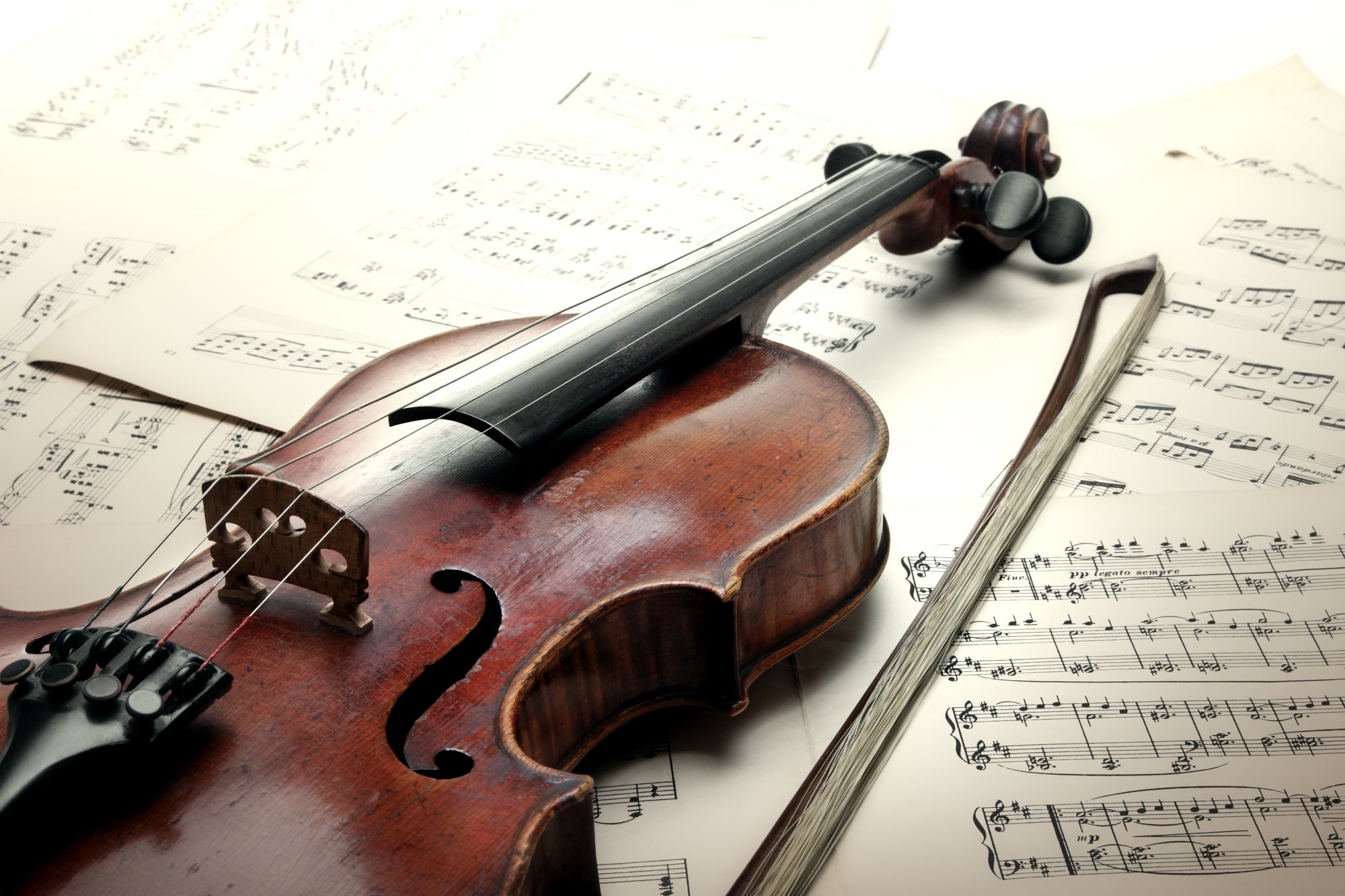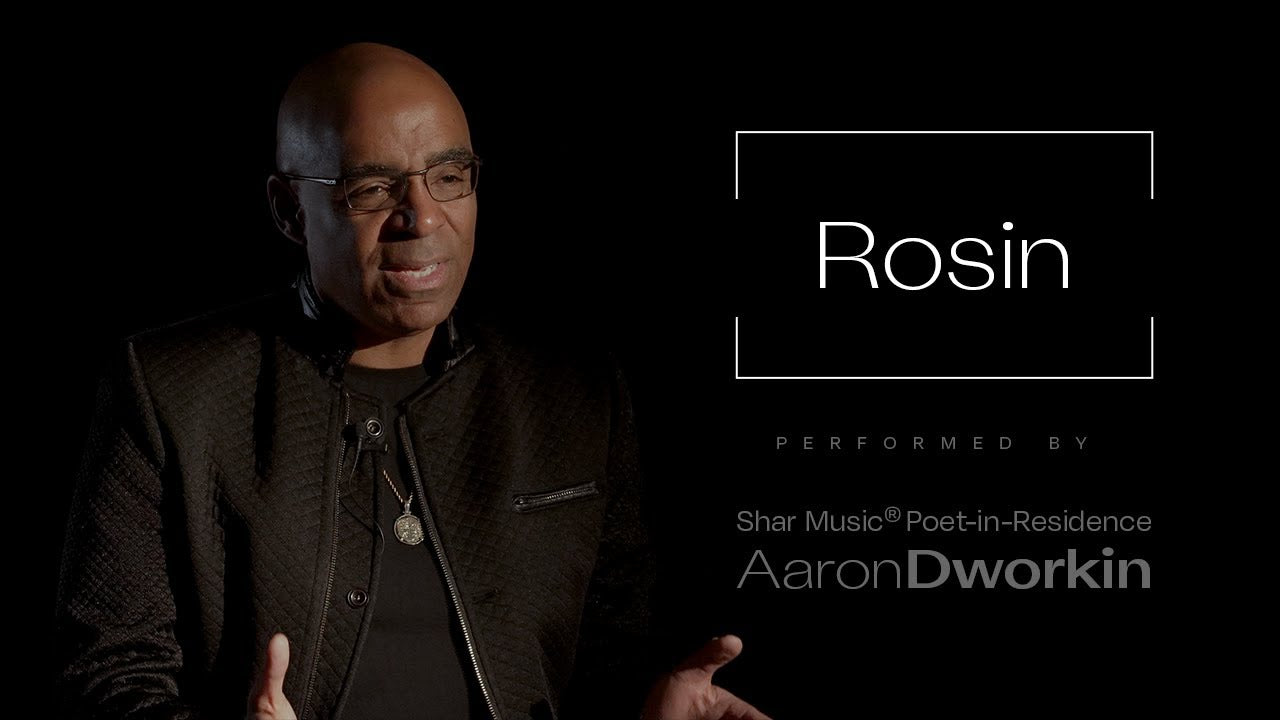We return for another talk with our friend Aaron Dworkin – Shar Music’s® Poet-in-Residence. (Or “poetjournalist” as Aaron prefers to be called: a term of his own invention.) We’ve been speaking with Aaron over the past month – he also performed his poetry for us in Shar Music’s® “Vault” (our recording studio).
Aaron’s latest poem for us is “Road Map,” and we discussed it with him as part of a larger, multi-part conversation which we have been running in our previous blogs. Also – in Honor of Black History Month – delved into his own history, as he grew up in an adopted household, and attended the University of Michigan School of Music, where he learned more about Black contributions to the field of classic music.
But first, here is Aaron’s performance of the poem “Roadmap,” followed by the full text of the poem itself.
---------------------------------------------------------------------------------------------------------------
Roadmap
Hieroglyphs
Human markings
Written chaperone
To the sound of our soul
4,000 years in the making.
A unique order
Intentional frequencies
Calculated to convince us
Of something greater
Than what we can see
Or assimilate.
Otherwise lost
They are etched
In memory
Formerly sand and clay
And now inscriptions
Found on the remnants
From paper mills
On my music stand.
Like the atlas
Parchment from
My childhood
Highlighted with pigment
To illuminate
A path for my family
This is my roadmap
A moment creating
A collective better day
Through my instrument.
---------------------------------------------------------------------------------------------------------------
Shar Music: So, you are Shar Music’s “poetjournalist”-in-
residence: and that’s a term, “poetjournalist,” that you created. Do
you want to talk about that a little for us? What that means, being
a “poetjournalist.”
Aaron Dworkin: Sure. So I was looking at where my poetry was
focused and what I wanted to do – and thinking about this role,
not just of journalist, but the term “photojournalist.” And basically
came to this realization that what was I trying to do was use this
medium of poetry to creatively illustrate the events and stories of
our time and of history.
And so it kind of came in a flash of, basically, being a “poet
journalist.’ And I looked it up and realized that it wasn’t a thing, in
terms of the terminology that had been used. So I figured I would
roll with that.
Shar Music: So, you’re using poetry to record history in a way that
it hasn’t been recorded so far. Would you say that’s the right way
to think about it?
Aaron Dworkin: Well, history or current events. Utilizing poetry to
capture that.
Shar Music: You did get your start in music before you turned to
poetry. I read your biography on the National Endowment for the
Arts website. You started violin lessons at five years old, and
then, in your biography it states that you weren’t really aware of
any African American composers until you were in college, when
you discovered a bunch of them through conversation with your
professor.
Aaron Dworkin: Yeah, absolutely. I literally went into a lesson one
day and he asked if I wanted to play music by Black composers.
And I didn’t know, at that point, that any Black classical
composers actually existed. So that was a wonderful discovery
period.
Shar Music: And so, there’s an aspect of history that has gone
unrecorded, very obviously. There was a contemporary of Mozart,
I think, that you hadn’t been aware of—
Aaron Dworkin: Absolutely. Joseph Bologne de Saint-Georges.
And now they’re coming out with a movie about him next year.
Shar Music: So that must have really had an impact and
influence on you.
Aaron: Definitely, definitely. And in part, that prompted me to
found the Sphinx Organization.
Shar Music: How are things going with the Sphinx Organization?
You’re in your 25 th year now, and you had a convention
happening in Detroit at the end of January. [Shar Music® visited this festival as guests.]
Aaron Dworkin: Yes, we had panelists, leaders, speakers, all convening in
Southeast Michigan to talk about and explore all of the issues that
relate to diversity in the arts. So, over a thousand people to engage
on these topics. The largest convention focusing on diversity on the arts. Culminating in the Sphinx competition, which is the national competition for young Black and Latinx string players, where the winner received a $50,000 award, and now will go on to solo with orchestras around the country.
Shar Music: And people didn’t believe in this, you had said, people really didn’t believe in this Organization when you started it. Which is shocking to me. 99% percent of the people you talked to said that you’re not going to find any young Latino or Black classical musicians.
Aaron Dworkin: Correct. Yep. And I don’t really hear that anymore.
Shar Music: Yeah, I hoping that attitude had changed.
Aaron Dworkin: Totally, totally.
Shar Music: So what led you to start writing poetry. And is this impulse to write poetry for you and different from, say, the impulse to create music?
Aaron Dworkin: I think it really stems for the same place, which is expressing myself. And over twenty years ago, in large part, I think it was driven to be autobiographical, using the medium of poetic sensibilities that I had about myself and especially about my identity back then. So the title poem of my first collection of poetry was “They Said I Wasn’t Really Black” and of course came from that experience in my life and wanting to explore it and talk about it through this medium. And then that developed into speaking about other issues as well – so it really came out of that same place, which is what I wanted to do with my violin as well, which was to speak to these issues, those emotions, and that sense of self.
Shar Music: So, you were adopted [by a white family]. And They Said I Wasn’t Really Black is the title of your collection. Did people actually say that to you?
Aaron Dworkin: Right, and so because I didn’t maybe talk the way they stereotypically thought that a young Black man should talk, or because I played the violin – in the mid-1970s, was a young Black man supposed to be playing the violin? – because I didn’t fit into other people’s stereotypes, they said I wasn’t really Black.
Shar Music: Do you think that can be of any use to an artist, being in-between things in that way? Sort of being outside the traditional classical world, people not seeing you really as one thing or the other?
Aaron Dworkin: It certainly gives you experiences that you can share through art. Both positive and negative experiences that you can share through art. In the same way that social upheaval, or even war, or oppression can lead to artistic expression. So, I think it definitely provides either experiences and/or perspective that can drive artist experience.
Shar Music: And we’ve talked a little about African Americans and classical music, and you having to discover that on your own. Do you have any African American poetic influences?
Aaron Dworkin: Well certainly – Maya Angelou, Nikki Giovanni for sure. I think are obviously inspirations – and I think just like with my violin, there are sources of inspiration, I really want to chart my own course, and I am using spending the majority of my time in my own explorative process, rather than spending my time in the analysis of others.
Shar Music: So, moving to an individual poem, at the start of your poem “Roadmap,” which discusses sheet music, you talk about hieroglyphics. You write: “Human markings/ Written chaperone/ To the sound of our soul/ 4,000 years in the making.” And here again, as in your other poems, you’re moving from a universal image down to a more specific topic. Was that a goal of yours, to move from the universal to the more personal? Or do you write more without having a goal, and the purpose is just to express yourself?
Aaron Dworkin: No, well, there’s definitely usually some type of goal. And I definitely like to very often get personal, to really create that connection. But say, for example with “Roadmap,” what I’m hoping to be able to do there is to share to share the weight – and the importance – that sheet music has. So, I’m trying to tie it to weighty historical matters – things of solidity that bring great import throughout history. And how that is this role that sheet music plays for us. And obviously, ultimately, how it is for us this sort of “road map.” But trying, again, to bring imagery to play – so that people may have that image flash in their mind, of hieroglyphs, that sense of an extension through history, that sense of cementing in stone a guide, an interpreter, to then bring music to live.
Shar Music: Do you feel a weight of history at all? In classical music, do you ever feel that there is a weight, to continue on in a certain tradition? Or do you see things in more personal terms?
Aaron Dworkin: I would say more personal. I wouldn’t necessarily say a weight of history. I would say more wanting to connect with history, but not necessarily feeling a burden of it.
---------------------------------------------------------------------------------------------------------------

Aaron Dworkin is a MacArthur “Genius” Fellow and was President Obama’s first appointment to the National Council on the Arts; he is a current Professor of Arts Leadership and Fellowship at the University of Michigan’s School of Music, Theatre & Dance, as well as the founder of the Sphinx Organization, a non-profit dedicated to the development of young Black and Latino classical musicians.
He has recorded and collaborated with a range of artists, including Yo-Yo Ma, Damien Sneed, Anna Deveare Smith, Damian Woetzel, Lil Buck, and others. He is a best-selling author and the writer of the poetry collection They Said I Wasn't Really Black.

